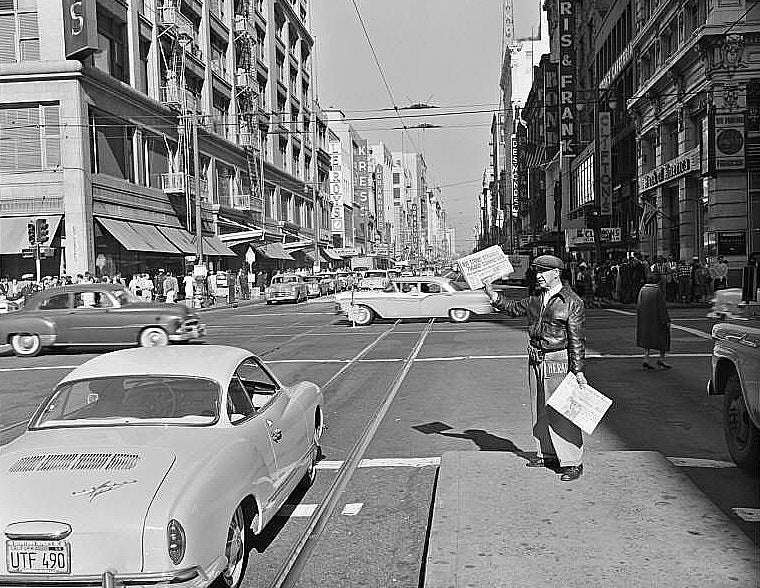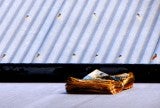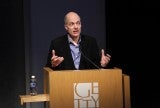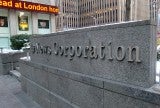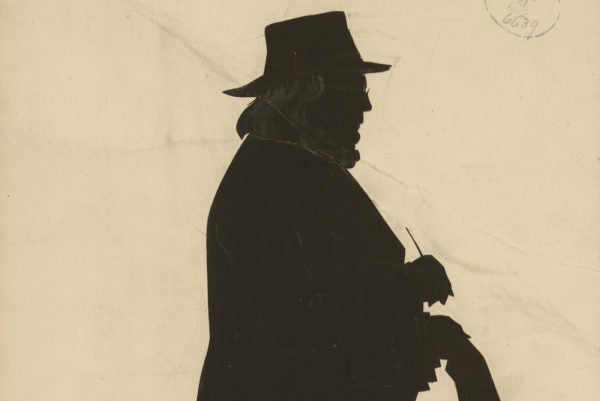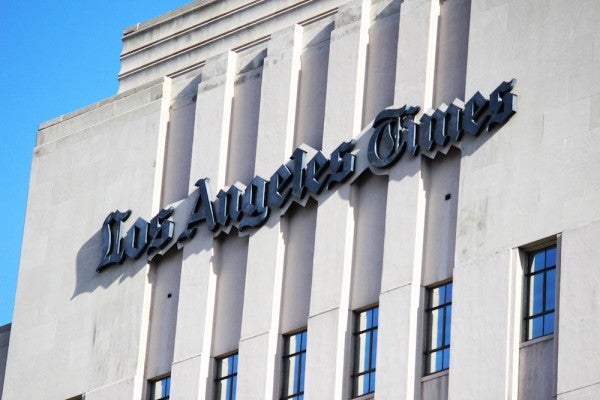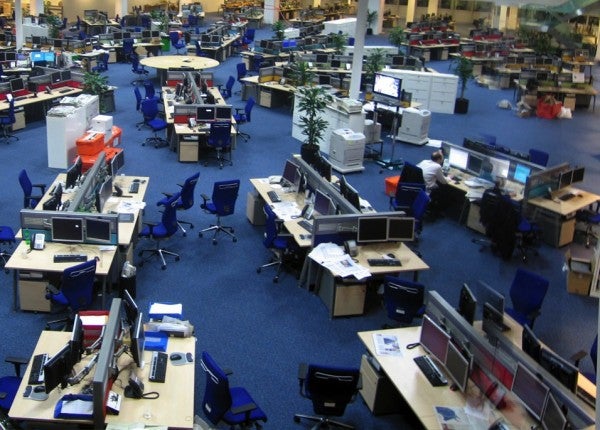My L.A. Life Through Newspapers
Living Through Earthquakes, World War II, and the Black Dahlia, One Headline at a Time
My earliest memory is of the evening of March 10, 1933. Our little family was having dinner: father, mother, me, and baby brother Raul, who was sitting in his high chair. Shortly before 6 p.m., the world began to tremble. When the quaking didn’t stop, Mother gathered Raul up, and we all headed for the front door of our house near the corner of 62nd and San Pedro streets in South Los Angeles. We stood on the sidewalk, terrified, looking at the house until we were certain that the ground …




